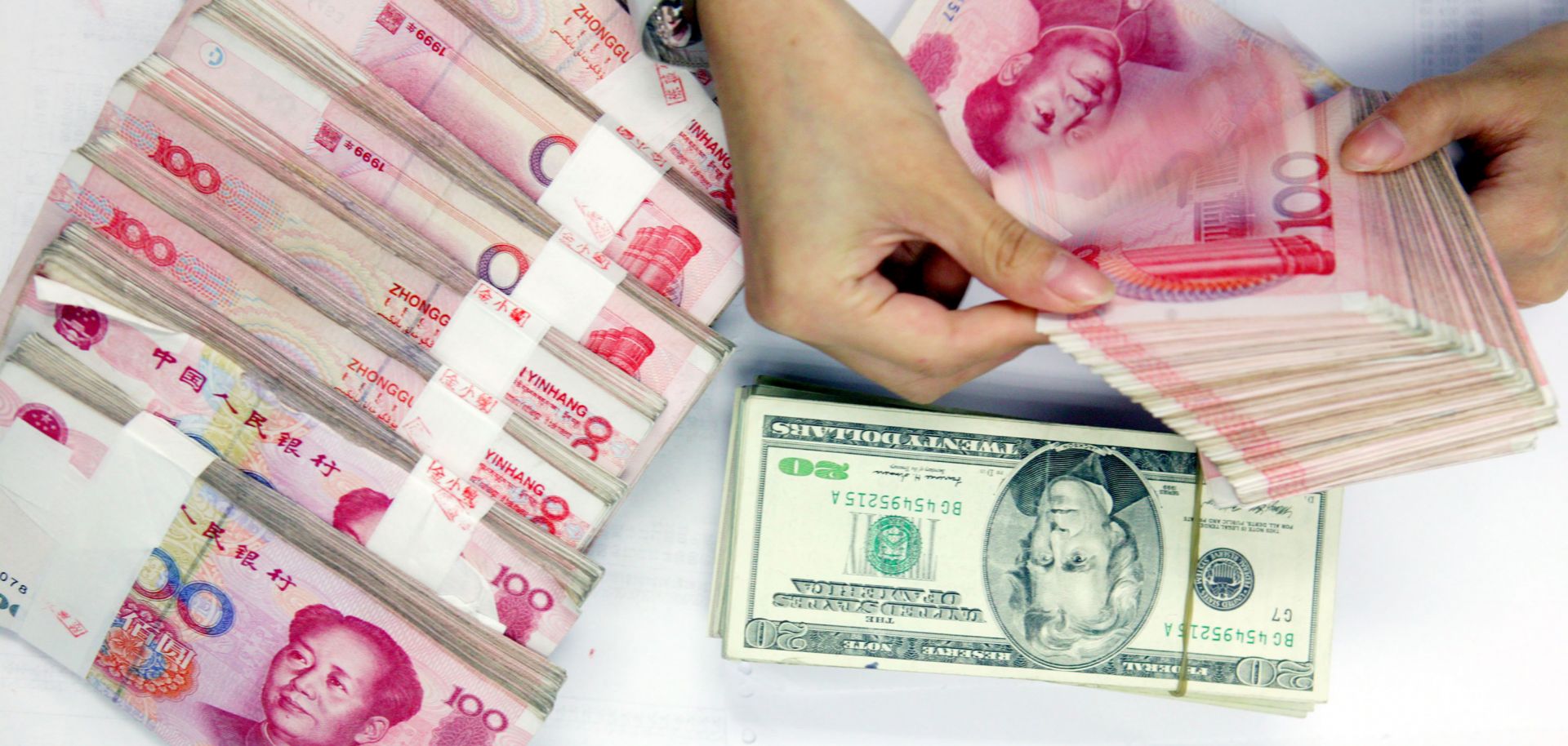China's push to reduce its reliance on the U.S. dollar by internationalizing the yuan will only make limited progress, leaving the country vulnerable to U.S. financial sanctions and economic policies for the foreseeable future. For more than a decade, Beijing has sought to turn the yuan into a fully-fledged international currency in the hopes of reducing China's sensitivity to U.S. financial and economic volatility as well as potential U.S. sanctions. This has included setting up bilateral swap lines and multilateral swap agreements with more than 30 countries. Other measures China has taken to internationalize its currency include the provision of official bilateral yuan financing in the context of Beijing's Belt Road Initiative, the creation of a small offshore yuan market, a yuan-based payments system, (limited) capital account liberalization, the creation of a yuan-based payments system, and the introduction of a central bank digital currency called the "e-yuan." China also made...

